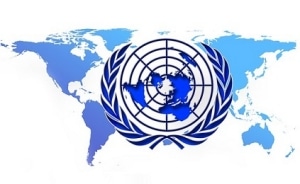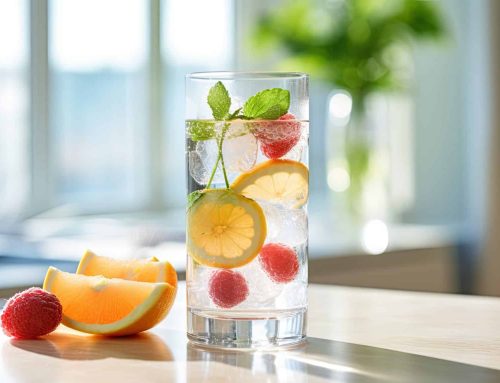 Let’s face it; we just cannot do without clean water, and although around 70% of the earth’s surface is covered by water, only about 2% of that is fresh water. All told, that is not a lot of water to service the 7 billion inhabitants on earth, especially if we do not look after our resources.
Let’s face it; we just cannot do without clean water, and although around 70% of the earth’s surface is covered by water, only about 2% of that is fresh water. All told, that is not a lot of water to service the 7 billion inhabitants on earth, especially if we do not look after our resources.
According to the United Nations, each person on earth needs between five and thirteen gallons of water per day for their basic drinking, cooking and cleaning needs. Currently only 67% of the world’s population has access to sanitation, leaving approximately 25 billion without. 783 million do not have access to clean water, and 3.5 million people, mainly children, die every year due to inadequate water supply, sanitation and hygiene.
5 Ways in Which Clean Water can benefit the World
Access to clean water could reduce water-related deaths by 21%; access to sanitation could reduce water-related deaths by 37%, and teaching people to wash their hands could reduce water-related deaths by around 35%.
- Access to sanitation, the practice of good hygiene and a safe, clean water supply could save the lives of around 1.5 million children a year, most of who die from diarrhoea due to a lack of hygienic sanitation.
- Access to clean water would reduce death and disease. Globally, diarrhoea is the leading cause of illness and death, causing 30 000 deaths every week, 60% of which are children under the age of five. Around 80% of deaths from diarrhoea are due to unsafe drinking water, lack of access to sanitation and inadequate clean water for hygienic purposes.
- Water for irrigation and food production constitutes one of the biggest pressures on freshwater resources, as around 70% of global freshwater is required for agricultural purposes. The projected increase in population will require 60% more food by 2050, which constitutes a 19% increase in agricultural water consumption.
- There is currently conflict in various areas due to lack of access to water, especially clean water, due to 276 transboundary river basins, 256 of which are shared by 2 or more countries and the other 20 by 5 or more countries.
- Access to clean water will do wonders for gender equality, especially in Africa, where 90% of the water-gathering is done by women and young girls who often spend up to six hours daily fetching water, which impacts on a girl-child’s education and even when they can go to school, a lack of sanitation means many of them do not attend school.
Get water cooler accessories, water cooler rentals and natural spring water from Living-Water in London. Living-Water provides customers in London with water delivery.





